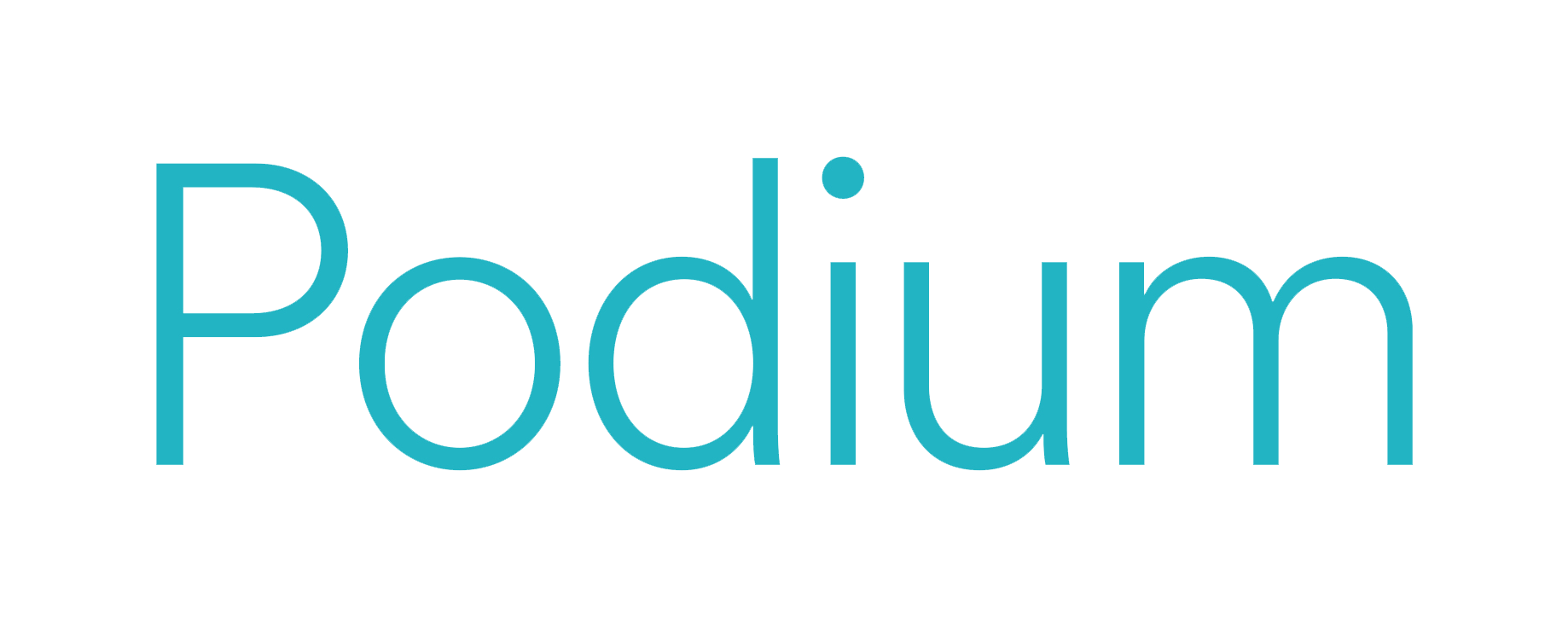Building for the future: creating intelligent workplaces
A digital approach to global real estate

A digital approach to global real estate
Lendlease Group, a global real estate company valued at approximately $6 billion, could see the industry evolving quickly and wanted to act fast. Aside from increasing numbers of companies offering a hybrid environment and the uplift in demand for virtual working, the challenge of persistent global inflation and the urgency to manage sustainability are reshaping how organisations manage their real estate portfolios.
Lendlease created Lendlease Digital to explore how key technologies, including artificial intelligence, cloud and Internet of Things, could address these challenges. Lendlease Digital joined forces with Accenture to inject advanced thinking into the design and accelerate the go to market for a new insights product that could make the vision to digitise the real estate sector a reality.
Connected intelligent buildings
Lendlease Digital and Accenture launched Podium Property Insights (PPI) to provide an agile approach to property management.
PPI is a cloud-based software as a service (SaaS) that uses digital twins, data, analytics and AI to enable connected, intelligent buildings. The decision to release PPI as the first of Lendlease’s Podium Suites was influenced largely by the monumental shift in the corporate real estate market. Podium Property Insights for Workplace, built specifically for corporate real estate, aggregates data captured throughout a building and generates customizable, real-time dashboards and reports using AI so that workplace managers can visualise and dynamically manage the best workplace for their people.
Earning the commute
PPI is already helping Lendlease, Accenture - and their clients - gain critical insights into their office spaces. The new platform is proving invaluable to gaining actionable insights - especially towards enhancing employee experience and engagement, driving sustainability and optimising spaces. For example, the platform can predict the number of attendees in the coming week, allowing workplace managers to better plan cleaning schedules, supplies in communal kitchens or front and back office staffing. Over a longer period, users can fine tune operations based on demand, make space planning decisions and have better information to make informed decisions about long term leasing arrangements. Ultimately, this active, smart monitoring uses data and analytics to enable better working conditions for employees, while improving office space usage and environmental impacts.
